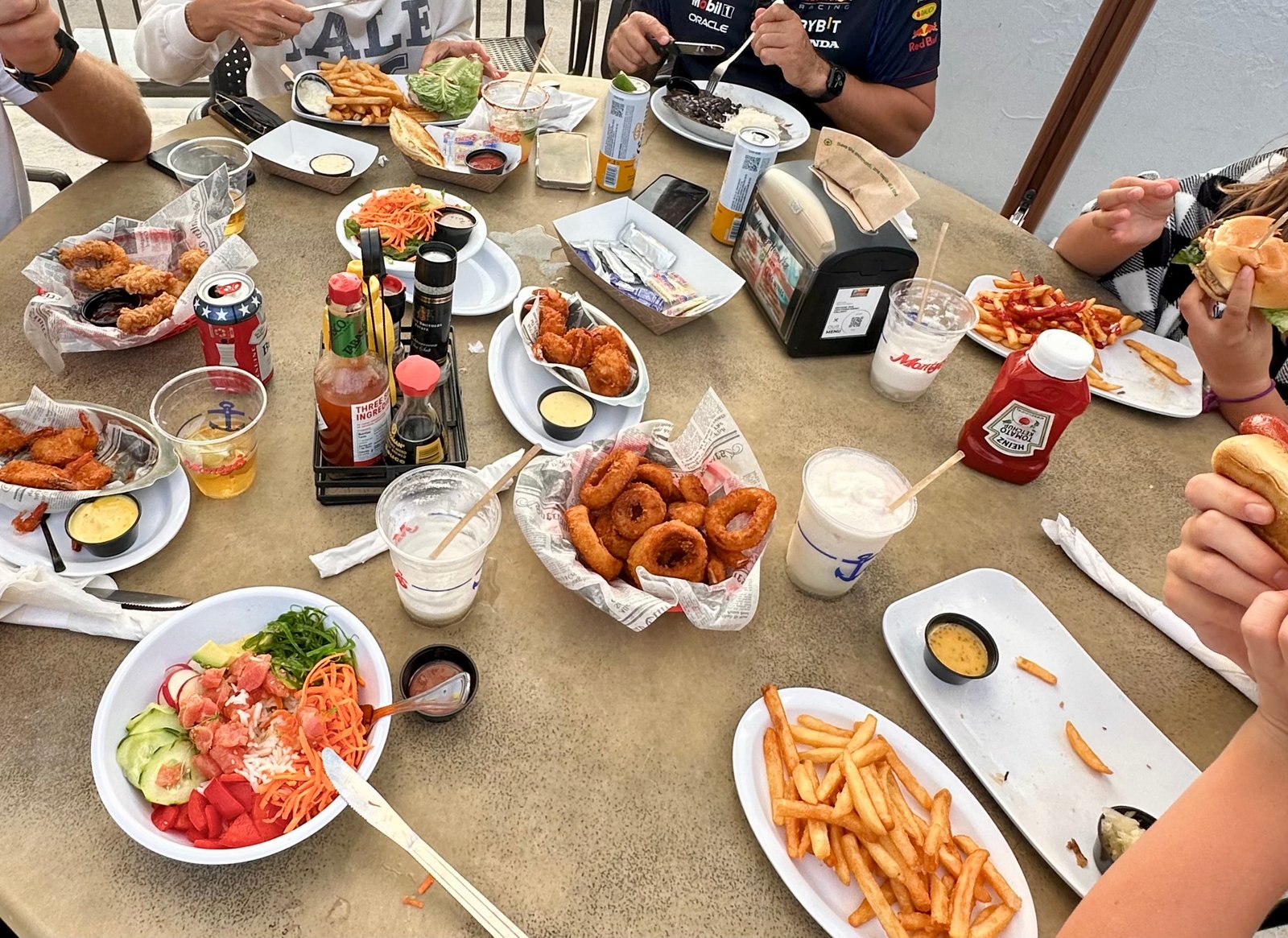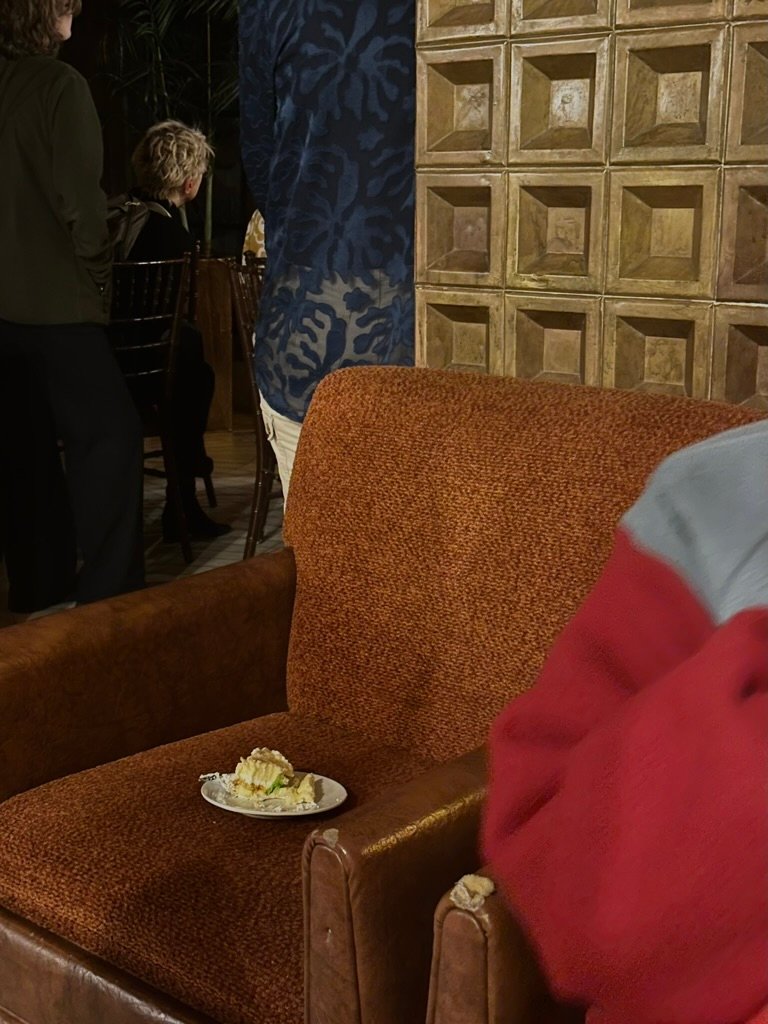How the dream of the Great America fell.
I don’t know if it’s just me or if the USA has always been presented as a country where unicorns fly, and freedom is crowned with neon lights. However, spending just ten days in Florida, particularly Miami, has subtly shifted my perception of what “The Land of the Opportunities” really means.
Yeah, I may be biased as a European but hear me out.
Florida: Sun, Smiles, and Shadows
Miami, with its blazing sun, glittering beaches, and kaleidoscope of cultures, paints an inviting picture. The surface glimmers with vibrancy—service with a smile, loud hellos that break the morning silence, and the meticulous, almost theatrical “Good morning, my name is… and I will be taking care of you this morning.” But peel back the layers, and you’ll find something else simmering beneath.
The hypocrisy is palpable. There’s a certain dissonance in the way American values are shouted from rooftops, but with whispers and sidelong glances that tell another story. The “Land of Equality” where staff use the same elevators to emphasise shared status is also marked by stark and visible divisions. Drive through neighbourhoods like Parkland, where streets are lined with miles of secured homes, and you’ll feel the echo of privilege—an above-class cocoon. Continue on to the celebrity-studded islands near Miami Beach, where mansions worth hundreds of millions are perched like monuments to excess. But just beyond these pockets of wealth, the scenery changes dramatically. In neighbourhoods predominantly occupied by Black communities, the vibrancy of life often struggles under the weight of neglect. Prosperity here isn’t an echo; it’s a silence. The juxtaposition of these areas—where rich enclaves abut places rife with poverty—is a reminder that the American dream doesn’t stretch equally for all.
Service & Smiles: The Thin Veneer of Courtesy
If there’s one thing that screams “America” louder than fireworks, it’s service culture. Whether you’re buying a coffee or sitting at an upscale restaurant, you’re greeted as if you’re royalty. And yet, that smile can often feel as genuine as a mask at Halloween—a holiday taken so seriously it might as well be a national sport. The niceties are practiced, polished, a performance.
As a Lithuanian, I marvelled at how Lithuanian Americans try so hard to blend in. They chase the American dream (even suggest marrying somebody to get a green card), carefully stepping through a cultural tightrope where Europe needs to become America, not the other way around. But this pursuit isn’t without cost; authenticity is sacrificed on the altar of fitting in. And the saddest part is that they don’t even notice the European architecture surrounding them.
Size Matters: Food, Dreams, and Reality
The portions? Insane. Picture starting your day with potato pancakes, but on a plate so large it dwarfs even the boldest appetites. Why cook when takeout arrives in towering boxes? Why have pots or pans when the kitchen is just an art piece to marvel at? The truth is, capitalism is embedded not just in consumer habits but in daily survival.
Even the theme parks sprawl like cities. Orlando is synonymous with Disney, where parents fly in from D.C. just for a day of neon-lit wonder, spending without blinking. Yeah, it’s fun to see real life Hogwarts castle and try out the one and only butter beer. But for what? To escape, however momentarily, from the grind, the hustle, the never-enough mentality.
The Lie of Opportunity
And then there’s the narrative of opportunity—“If you do it well, you’ll succeed.” But ask anyone caught in the cycle of inequality and they’ll tell you: it’s not that simple. Beneath the gleaming glass of high-rises lies a fragile belief, cracked by racism whispered between conversations, a silent prejudice against those who differ. From the snide “hi, sweetie” laced with condescension to the uncomfortable gaze that shuns “those black ones are responsible,” it’s a contradiction against the loud proclamations of equality.
The Price of Convenience
Life comes at a cost. Want to listen to music in a Tesla? That’s an extra $15. Shopping subscriptions that dig deeper than the wallet—$130 just to belong. And don’t forget to add extra 33% tax on every price tag you see that’s already mind-blowing. This hypercapitalism feels like a double-edged sword, where everything is designed for convenience, yet no one breathes freely without calculating what it costs.
Even when emergency services are needed, as I witnessed with an elderly woman at the airport, 15 minutes can feel like an eternity. And all the while, the malls hum with lights that never sleep, a testament to the paradox of energy and consumption while European Union tries to salvage what a gigantic country is killing.
So what do we make of it all?
Is it fair to judge an entire nation based on a brief sojourn, a handful of neighbourhoods, or fleeting moments? Perhaps not. Yet, within those moments lie glimpses of a deeper truth, one that America may try to mask but can’t fully conceal. The sharp contrasts, the underlying tension between abundance and absence, point to an uncomfortable question: At what cost does a country build its image of freedom and opportunity?
From secured, sprawling homes to neglected blocks where opportunity seems a distant rumour, America presents itself as both beacon and contradiction. It’s not about the glossy postcard or the neon-drenched promise—it’s about seeing through the veneer to understand what lies beneath. A place where even in a land built on the pursuit of happiness, not everyone’s feet touch the same ground.
The truth is, my perspective has changed. Not to dismiss the power of resilience and ambition that so many embody, but to acknowledge that beneath the surface, the realities of inequality and pretence are not just flaws—they are part of the architecture itself. In America, you don’t just chase a dream. You contend with the shadow it casts.



Leave a Reply